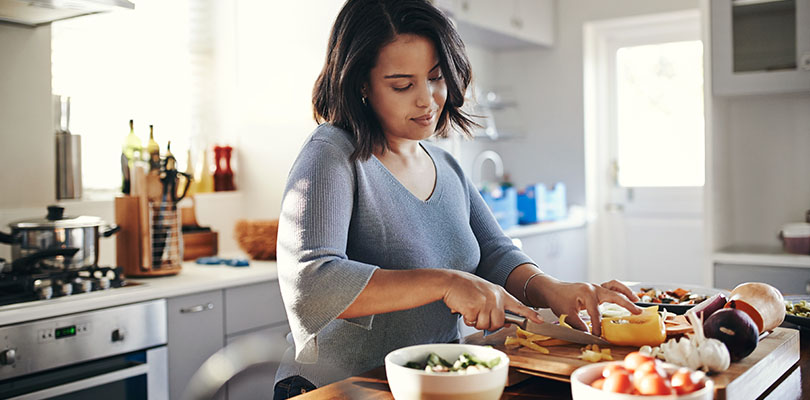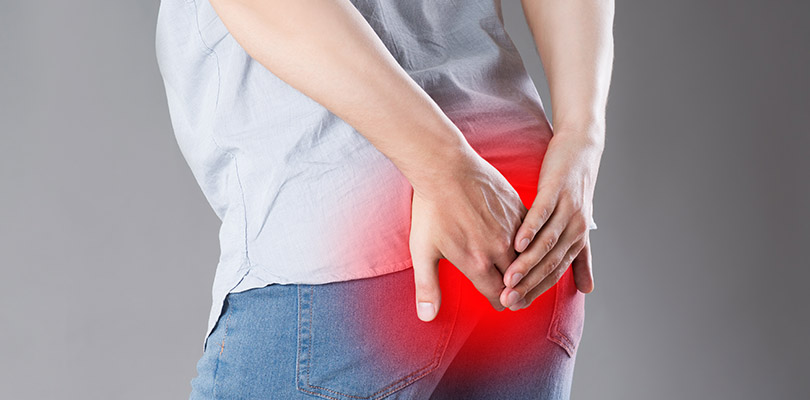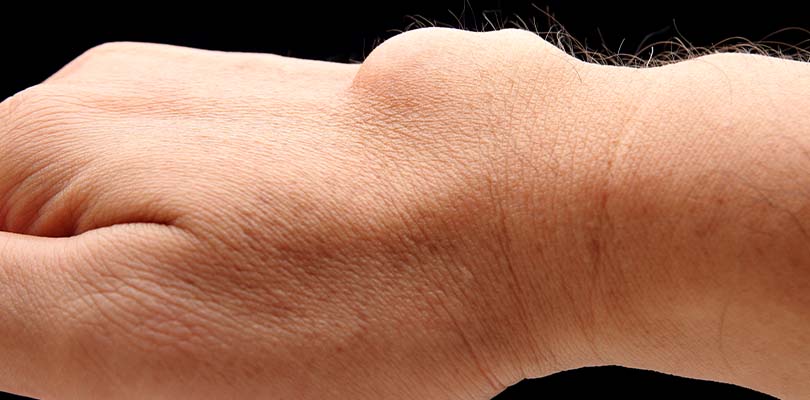Healthy Eating Tips You Can Use Today
Know what to eat when you're dining out, understanding what empty calories are, controlling food cravings, and meal planning are all part of food and nutrition. You think you may know what they are, but there's more to it.
If you're looking for how to lose weight eating tips or searching for ways on how to eat healthly, then keep on reading to discover some healthy eating tips you can implement today.
What to Eat When Dining Out
When you are trying to lose weight, dining out can be a challenge. The portion sizes at many restaurants are enormous. There are numerous ways to dine at a restaurant without guilty. When you're eating out, don't be afraid to make small requests for your meals.
The following are some healthy eating tips to consider when you are dining out:
- Start off right – Skip the bread basket or else limit yourself to one slice or small bun. Stay away from the white breads and instead choose a whole-wheat bun, a slice of rye, or pumpernickel.
- Have an appetizer – Help curb your hunger by starting your meal off with a salad or a bowl of soup. Order a side garden salad with a light vinaigrette or oil and vinegar dressing on the side. If you choose to order soup, select a broth-based soup rather than a creamy soup that is likely full of fat. If it's protein you're craving, order a shrimp cocktail.
- Lighter entrees – Order a smaller entry or even an appetizer for your main dish. If you order off the main menu try to stick to grilled fish or chicken and find out how the food is cooked. Don't be afraid to tell your waiter to have the kitchen lighten up on the oil or skip the butter.
- Side dishes – If you can, order a side salad or soup with your entrée. This is probably your healthiest choice. Be sure to ask for dressing on the side and if you order soup order a broth or minestrone soup. If you have to order a potato, order a baked potato without butter or fatty sour cream. Baked potatoes are quite healthy without the added toppings. If possible, ask for a double order of vegetables.
- Dessert – Sometimes it is impossible to resist dessert, especially when you're following a weight-loss plan. If you can't pass it up, try a lighter fare such as sorbet or a fruit platter. If you insist on the decadent chocolate cake or the cheesecake, split it with the person you are dining with or eat half and take the rest home for the next day.
Cutting Out Empty Calories
Filler foods and those containing empty calories are foods or ingredients that contain little – if any – nutritional value. They may taste good and temporarily satisfy a craving, but they can also be addictive and hinder your diet plan.
Numerous foods are considered filler foods. Foods made with refined white flour, like white bread, pastry, cake, and cookies, fall into that category, as do white rice, pasta, soda, candy and chocolate bars that do not contain nuts. The problem with these foods, besides the fact that they are not nutritious, is that they do little to satisfy hunger and will leave you wanting more. All these fillers and empty calories can add up quickly and cause weight gain. Therefore, these foods are not a good choice for your diet.
Foods that have some nutritional value, but are high in saturated fats, can also be considered empty-calorie foods. Hot dogs, pizza and hamburgers may taste delicious, but they jam-packed with fat and salt and are usually made with white bread. Other high-fat fillers are butter, margarine, and mayonnaise.
Some people who are trying to lose weight may choose to eliminate filler foods and empty calories from their diet. If you are having a difficult time letting go of your favorite foods, there are some adjustments to your diet that you can make.
For example, instead of eating white bread, white rice, and white pasta, you should opt for brown or whole wheat options. Also, if you need to have something sweet, have a few squares of dark chocolate.
If you find your experiencing slight or excessive ear pain, it’s very likely that you’re experiencing an earache. Read about earache causes and more here.
How to Prevent Food Cravings
The worst enemy of any diet is a craving. It sneaks up on you and attacks when you least expect it, causing you to slip up and potentially ruin your weight-loss plan. Cravings are difficult to resist, especially in the early stages of your diet and can keep you from reaching your goals if you continually give in to them.
The best way to fight your cravings is by using willpower. However, let's face it, not many of us have that much self-control. Luckily there are other ways to fend off those urges.
It is also important to remember that it is only human nature to give in once and a while, so don't feel too bad if you do.
- Don't skip meals – If you're hungry, you're more likely to crave foods, particularly those that are bad for you. The key is to eat regularly. Consuming several small meals throughout the day may be helpful. The most important meal you can eat is breakfast. Eating early in the day can help with weight loss by providing you with energy and staving off hunger pangs throughout the morning. Eat foods that contain fiber because they will keep you feeling full longer. Oatmeal, whole wheat toast, fruit, and yogurt are all great choices.
- Keep busy – If you are preoccupied or active throughout the day, you will not be thinking about food as much. If you feel a craving coming on do something to take your mind off of it. Exercise is a great distraction and a benefit to your weight loss plan. Getting involved in a hobby is another way to keep busy and keep your mind active at the same time. Find something you're interested in and go for it, whether it means joining a sports team, taking yoga or learning to paint.
- Stay hydrated – The first hunger pangs are a sign of thirst, so drink as much water as possible. Drinking plenty of water is good for your health, keeps you alert and will help stave off hunger between meals.
- Remove temptation – Don't tempt yourself by keeping cookies, chips and ice cream in your house or your desk at work. These foods will do little for your weight loss plan. Moreover, you won't be as likely to give in to your cravings if these foods are not readily available.
- Don't deprive yourself – It's impossible to deny your cravings all the time. If you do, you'll be more likely to break away from your diet and end up binging. The key is moderation. Instead of having several cookies eat just one. Munch on a handful of potato chips instead of the whole bag, or better yet opt for baked chips. If it's chocolate, you're after have a couple of pieces of dark chocolate or a couple of chocolate covered almonds.
How Meal Planning Can Help You Eat Better and Smarter
Planning meals is a difficult task, but it is even more of a challenge when you are on a diet. Meal planning on a diet requires balancing food groups and counting calories; consequently, the preparation is usually a little more complex than just tossing a frozen pizza into the oven.
Meal planning takes work, but with a little organization and practice, you'll be that much more successful with following your diet.
Here are a few meal planning tips to help you get started.
- Plan ahead – Sit down on Saturday or Sunday and create a menu plan for the following week. Planning will allow you to prepare meals quickly without taking the time to decide what to prepare. Meals do not have to be complicated but should include at least a couple of the food groups. Post the menu plan on the fridge, so it is easily accessible for making grocery lists and preparing meals.
- Bulk cooking – If you're ambitious and want to save time prepare your meals ahead of time. Spend a few hours on the weekend and put together your meals for the week. At the end of each day, all you will need to do is take out a meal and pop it in the oven or microwave. If you don't feel like preparing multiple meals, cook up a couple of larger dinners and dine on leftovers.
- Do some prep work – To save some time when it comes to cooking dinner do some prep work in advance. After a trip to the supermarket, instead of putting your items directly into the fridge take the time to wash and cut vegetables so they'll be ready to go. It could reduce your meal preparation time in half.







